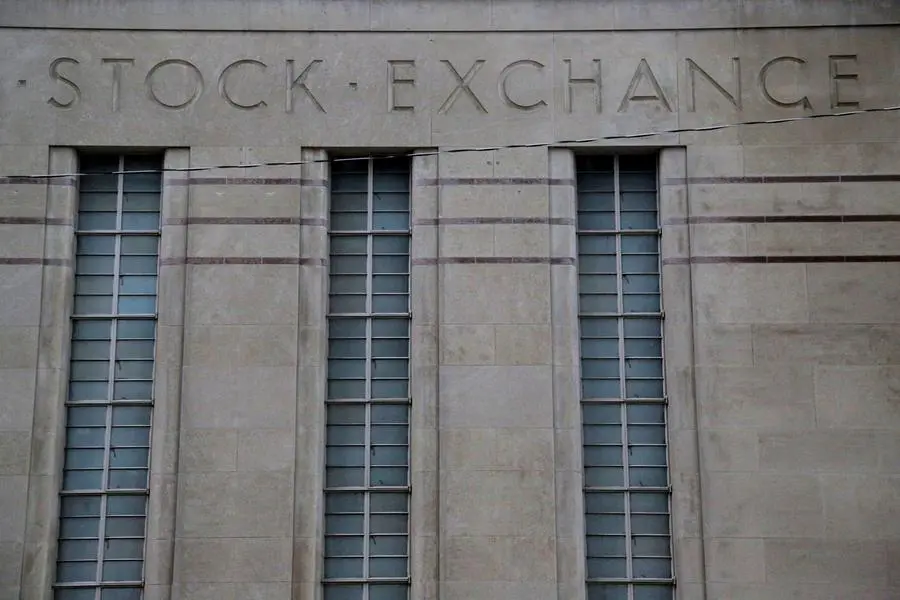PHOTO
Weakness in energy shares dragged Canada's main stock index to its lowest level in more than a year on Thursday, as fears of a recession loomed following the U.S. Federal Reserve's biggest interest-rate increase since 1994.
At 9:43 a.m. ET (13:43 GMT), the Toronto Stock Exchange's S&P/TSX composite index was down 411.18 points, or 2.1%, at 19,200.38, to its lowest level since May 2021, with all sub-sectors in red.
The Fed on Wednesday matched market expectations by hiking interest rates by 75 basis points and projected a slowing economy and rising unemployment in the coming months.
"The market now taking the view that the Fed is willing to tip the US economy into recession if that is the price to pay to return inflation to target," said Stuart Cole, head macro economist at Equiti Capital.
The Swiss National Bank also raised its policy interest rate for the first time in 15 years with a surprise 50 basis point hike that soured global sentiment and sent the safe-haven franc up sharply.
The energy sector dropped 3.2% as oil prices fell to two-week lows on the back of inflation concerns highlighted by interest rate hikes in the United States, Britain and Switzerland, though tight oil supply limited losses.
Healthcare shares fell 3.0%, with pot producers Aurora Cannabis leading the losses on a 4.1% drop.
The financial sector slipped 2.1%, while the industrial sector fell 1.3%.
The materials sector, which includes precious and base metals miners and fertilizer companies, lost 1.6% as gold prices retreated on the back of stronger dollar.
Shares of LifeWorks jumped 68.4% to the top of the index after Canadian wireless carrier Telus Corp agreed to buy the company in a C$2.9 billion ($2.24 billion) deal.
On the economic front, domestic wholesale trade decreased by 0.5% in April from March due to a drop in fertilizer imports from Russia, as well as lower prices and volumes for lumber and other wood products, Statistics Canada said.
(Reporting by Amal S in Bengaluru; Editing by Anil D'Silva)




















